Linux Server Basics
-
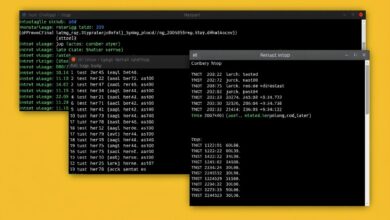
Mastering Linux Command Line Monitoring: Top, Htop, and More
For anyone managing a Linux server or even just a desktop system, understanding how to monitor system resource usage is…
Read More » -
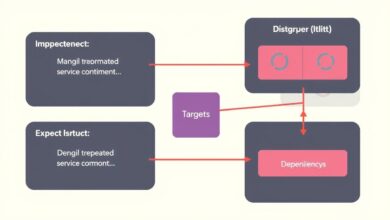
Mastering systemd: Advanced Service Management Beyond Start and Stop
When you first start working with Linux servers, one of the most frequent tasks is managing services. Whether it’s a…
Read More » -
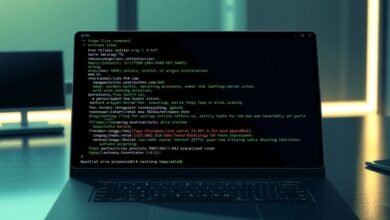
A Beginner’s Guide to the `grep` Command for Searching Files in Linux
Welcome, aspiring Linux users and server administrators! One of the most powerful and frequently used command-line utilities in Linux is…
Read More » -

Watching Logs Live: Using `tail -f` for Real-Time Monitoring
In the world of servers and applications, logs are the breadcrumbs that tell us what’s happening under the hood. They…
Read More » -

Unlock the Power of Your Terminal: A Beginner’s Guide to Linux I/O Redirection
Linux I/O redirection is one of the fundamental concepts that elevates command-line usage from basic command execution to powerful scripting…
Read More » -
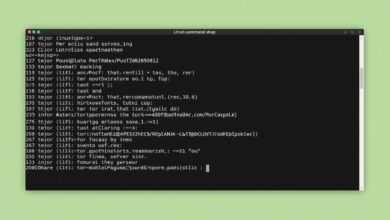
Master Linux Command Line Help: Using `man`, `info`, and `–help` Effectively
Navigating the Linux command line can feel daunting at first. With hundreds, sometimes thousands, of commands available, how do you…
Read More » -
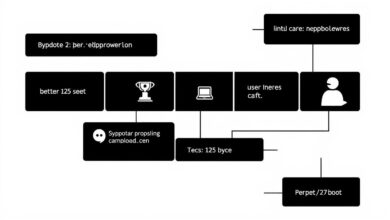
The Linux Boot Process: A Simplified Overview for Beginners
Starting a computer running Linux might seem like a simple press of a button, but beneath the surface, a complex…
Read More » -
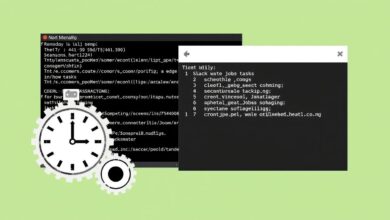
Mastering Task Automation: An Introduction to Cron Jobs in Linux
In the world of Linux and Unix-like operating systems, efficiency is key. Manually executing repetitive tasks can be time-consuming and…
Read More » -
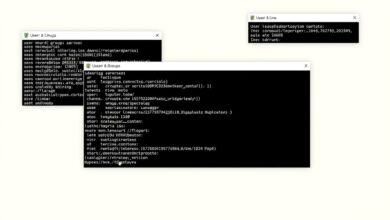
Managing Users and Groups in Linux: Essential Commands and Practical Examples
Managing users and groups in Linux is a fundamental skill for system administrators, developers, and even enthusiastic users. It’s the…
Read More » -
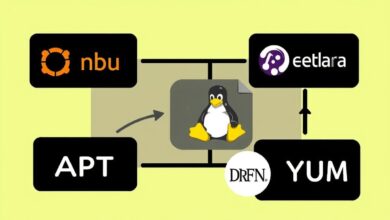
Understanding Linux Package Managers: APT vs YUM/DNF Compared
Managing software is a core task in any operating system, and in the world of Linux, this is handled by…
Read More »